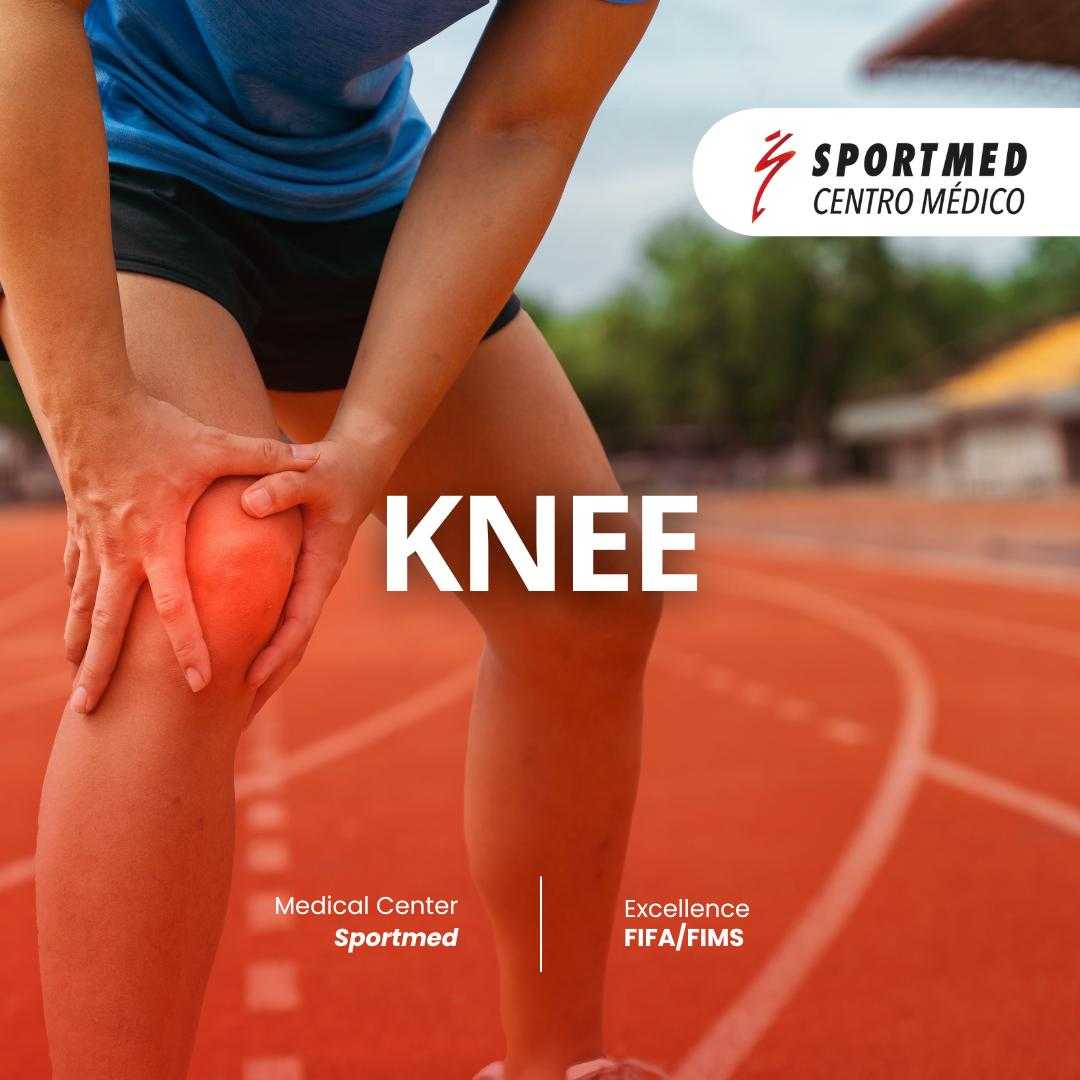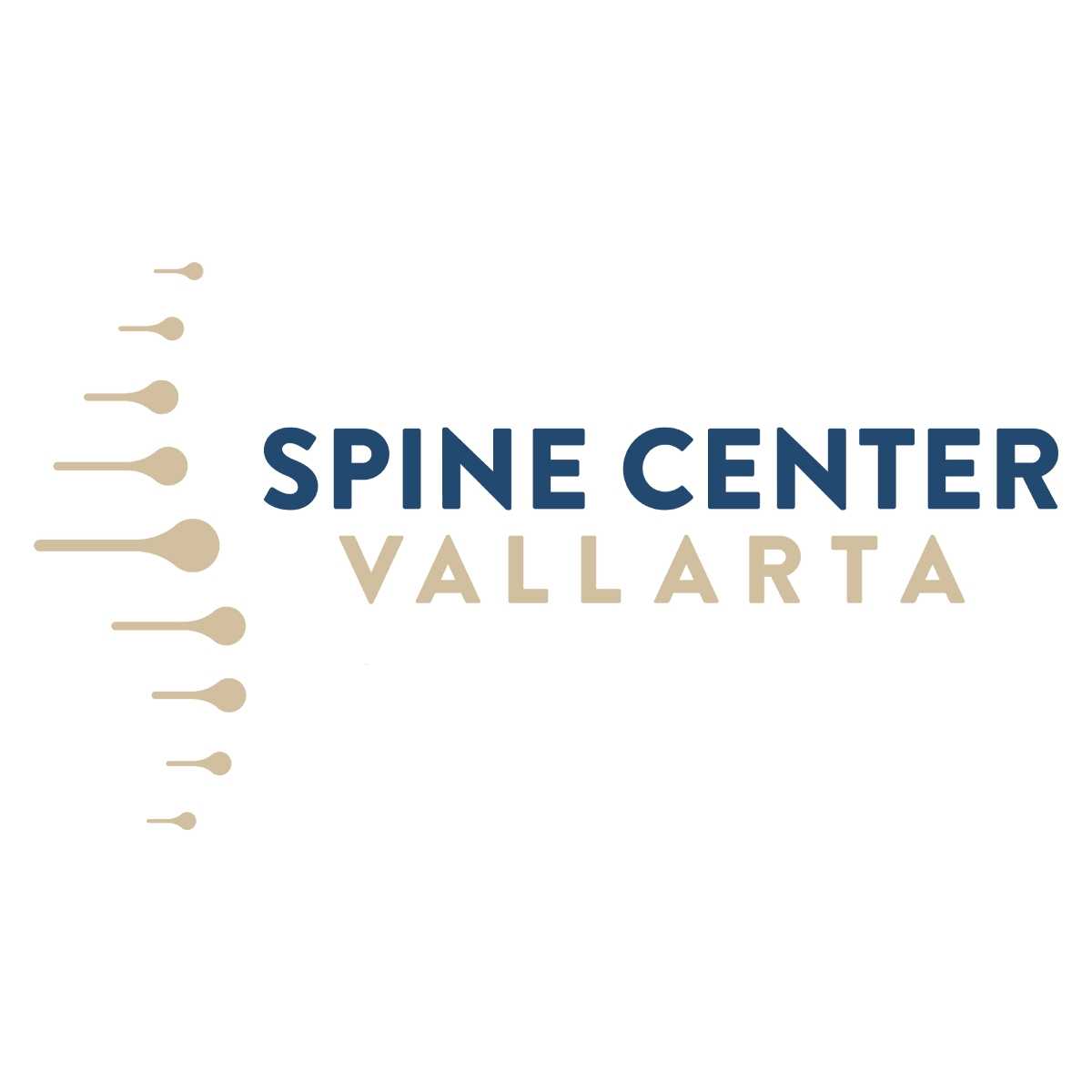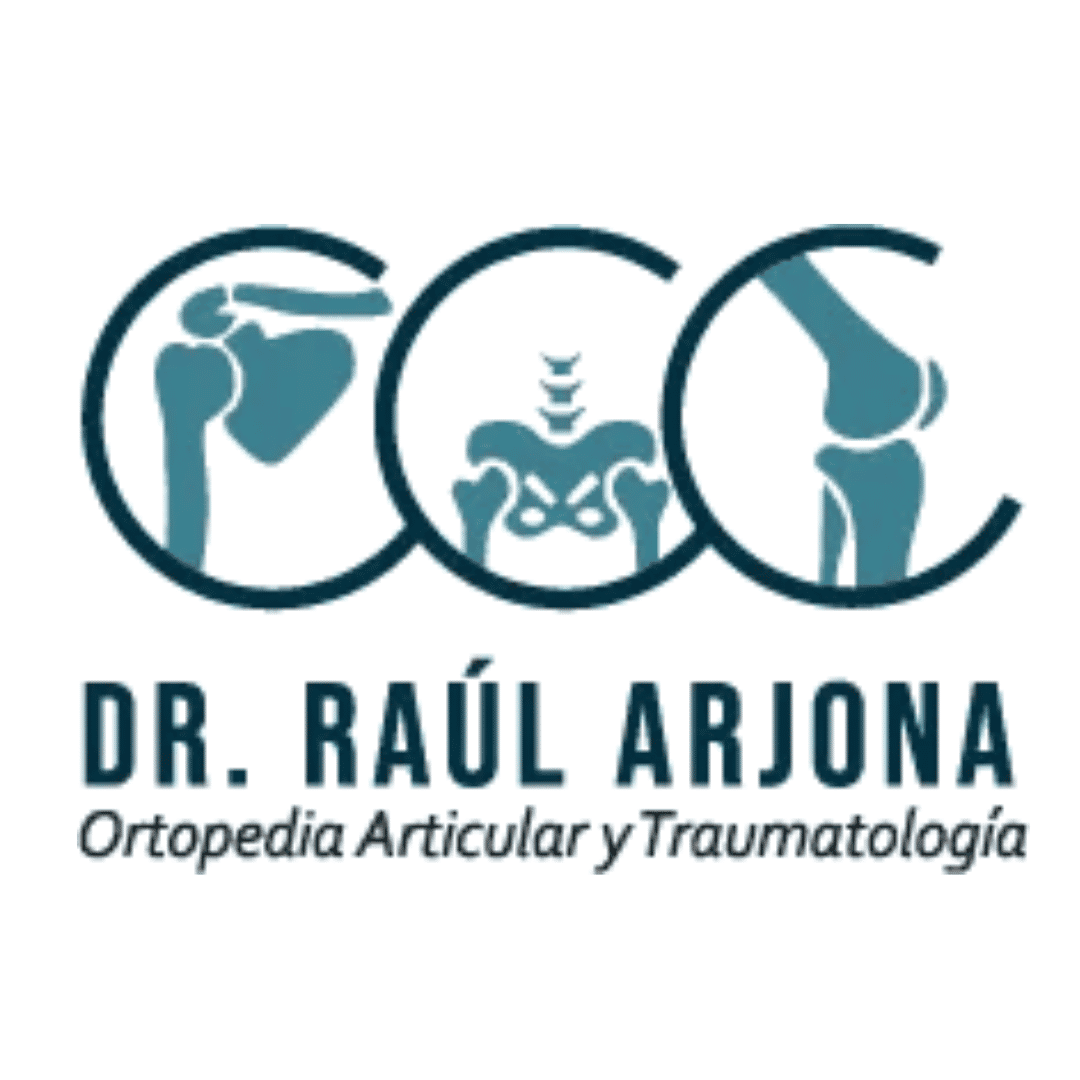Deciding on the right destination for knee replacement surgery is a crucial step in regaining mobility and improving quality of life. For many individuals suffering from debilitating knee pain, the choice often comes down to balancing high-quality care with affordability and accessibility. This in-depth comparison explores the nuances of undergoing knee replacement in Mexico versus Canada, offering vital insights into cost, waiting times, surgeon expertise, and the overall patient experience.
Navigating Your Knee Replacement Journey: Mexico or Canada?
For those seeking total knee replacement surgery, both Mexico and Canada present distinct advantages and challenges. Canada is renowned for its universal healthcare system, offering world-class care to its residents. However, this often comes with considerable Canadian knee replacement wait times, which can be a significant barrier for those in urgent need or international patients. On the other hand, Mexico has emerged as a prominent medical tourism destination, offering affordable knee surgery with virtually no waiting lists, state-of-the-art facilities, and highly skilled surgeons, particularly attractive to patients from the United States and Canada seeking immediate treatment.
The decision hinges on several factors, including your residency status, financial considerations, urgency of treatment, and willingness to travel for medical care. Understanding the specifics of each country's healthcare landscape is paramount for making an informed choice that best suits your personal health needs and financial situation. Many patients explore knee replacement surgery abroad due to these disparities.
Knee Replacement Comparison: Mexico vs. Canada
Key Capabilities: Understanding Strengths in Mexico and Canada for Joint Replacement
Mexico's Strengths in Knee Arthroplasty
Mexico has rapidly solidified its position as a global leader in medical tourism, particularly for orthopedic procedures like knee replacement surgery. Its key strengths revolve around accessibility, cost-effectiveness, and a growing number of high-quality facilities. Patients seeking affordable knee surgery in Mexico can benefit from:
- Significant Cost Savings: Often 50-70% less than prices in the U.S. or Canada for non-residents, with comprehensive packages covering surgery, hospital stay, medication, and initial rehabilitation.
- No Waiting Lists: Patients can schedule their surgery promptly, avoiding prolonged pain and disability associated with long queues.
- Modern Facilities: Many clinics and hospitals, especially in cities like Tijuana, Guadalajara, and Cancun, feature state-of-the-art operating rooms, advanced diagnostic imaging, and cutting-edge prosthetic implants.
- Experienced Surgeons: A considerable number of Mexican orthopedic surgeons have trained internationally (often in the U.S. or Europe) and possess extensive experience performing complex knee replacement procedures on international patients. They are adept at using the latest surgical techniques, including minimally invasive approaches for partial knee replacement in Mexico.
- Personalized Patient Care: Clinics often provide highly personalized service, including patient coordinators, translators, and tailored recovery plans, creating a comfortable experience for international visitors.
- Convenient Travel: Geographical proximity to the United States and Canada makes travel relatively easy and affordable.
Canada's Strengths in Joint Replacement
Canada boasts a globally respected healthcare system known for its high standards of care, rigorous training, and commitment to patient safety. For Canadian residents, knee replacement surgery in Canada offers:
- Universal Access (for residents): Residents with provincial health coverage receive knee replacement surgery and associated medical costs virtually free of charge.
- Exceptional Quality Control: Canada maintains very high national standards for medical education, facility accreditation, and patient outcomes, ensuring consistent quality of care across its healthcare system.
- Highly Qualified Surgeons: Canadian orthopedic surgeons undergo extensive and rigorous training, often recognized internationally, and are at the forefront of surgical innovation and research.
- Advanced Research & Development: Canada is a leader in medical research, contributing to advancements in orthopedic techniques, implant technology, and rehabilitation protocols.
- Comprehensive Post-Operative Support: For residents, the system provides integrated post-operative care, including hospital stays, home care support, and extensive physiotherapy programs, all typically covered by provincial plans.
- Strong Patient Safety Protocols: Emphasis on patient safety is a cornerstone of Canadian healthcare, with robust protocols and oversight to minimize risks and ensure positive outcomes.
Knee Replacement in Mexico: Pros and Cons
Pros of Knee Surgery in Mexico
- Significant Cost Savings: The most compelling advantage is the drastically lower knee replacement cost in Mexico, making it accessible for many who cannot afford care elsewhere.
- No Waiting Lists: Immediate access to care means faster relief from pain and quicker recovery, preventing further joint deterioration. This is a major draw for those facing Canadian knee replacement waiting list frustrations.
- Experienced Medical Tourism Infrastructure: Mexican clinics and hospitals are well-versed in catering to international patients, offering comprehensive packages that often include accommodation, transportation, and translation services.
- High-Quality Care and Facilities: Many facilities are modern, equipped with advanced technology, and adhere to international patient safety standards, sometimes holding JCI accreditation.
- Leading Orthopedic Specialists: Patients can find top-tier surgeons with international training and extensive experience in complex orthopedic procedures.
- Recovery in a Relaxing Environment: The opportunity to recover in a pleasant, often tourist-friendly, environment can contribute positively to the overall patient experience.
Cons of Knee Surgery in Mexico
- Perceived Quality Variation: While many clinics are excellent, the sheer volume means that quality can vary. Thorough research is essential to identify best knee replacement clinics in Mexico.
- Travel Logistics: While convenient, travel still involves planning, especially for post-operative recovery and follow-up care upon returning home.
- Insurance Coverage: Most private or government insurance plans may not cover procedures performed in Mexico, requiring patients to pay out-of-pocket or secure specific medical travel insurance.
- Language Barrier Outside Clinics: While clinics offer English-speaking staff, navigating daily life outside the medical facility might present language challenges for some.
- Follow-up Care: Coordinating long-term rehabilitation and follow-up with local doctors can sometimes be a challenge if not pre-arranged.
Knee Replacement in Canada: Pros and Cons
Pros of Knee Surgery in Canada
- Universal Healthcare for Residents: For eligible Canadian residents, the entire cost of knee replacement surgery is covered by provincial health plans, eliminating financial burden.
- High Standards of Care: Canada’s healthcare system is renowned for its stringent quality controls, highly trained medical professionals, and advanced medical infrastructure.
- Integrated Post-Operative Support: Comprehensive rehabilitation and follow-up care are seamlessly integrated into the healthcare system for residents, ensuring continuity of care.
- Leading-Edge Technology and Research: Canadian hospitals often have access to the latest medical technologies and are active in research and development, particularly in orthopedic advancements.
- Strong Patient Safety Focus: A culture of patient safety and adherence to best practices is deeply embedded in the Canadian medical system.
Cons of Knee Surgery in Canada
- Long Waiting Lists: The most significant drawback is the extended Canadian knee replacement wait times for elective surgeries, which can cause prolonged pain and impact daily life for residents.
- High Costs for Non-Residents: For international patients or those without provincial coverage, the knee replacement cost in Canada is considerably higher than in Mexico, often making it unaffordable.
- Limited Medical Tourism Infrastructure: While an excellent system for residents, Canada lacks a developed infrastructure for medical tourists seeking elective surgeries, making it less accessible for international patients.
- Lack of Choice for Non-Residents: International patients typically cannot access the publicly funded system and finding private options can be challenging and expensive.
- Travel Complexity: While geographically close to the U.S., the cost and access limitations make Canada a less viable option for those specifically seeking knee replacement surgery abroad for financial or immediate access reasons.
Patient Experience: What to Expect During Your Knee Replacement Abroad
The patient experience varies significantly between seeking knee replacement in Mexico as a medical tourist and pursuing it in Canada. In Mexico, the process is often streamlined for international patients. Clinics provide dedicated patient coordinators who assist with everything from initial consultations and travel arrangements to post-operative care planning. You can expect a high level of personalized attention, with many clinics offering luxurious amenities and a recovery environment that feels more like a wellness retreat. The focus is on efficiency and comfort, ensuring a smooth journey for those traveling for affordable knee surgery.
For non-residents considering Canada, the experience is less tailored to medical tourism. While the quality of care is undeniable, the system is designed primarily for its citizens. International patients would need to navigate private clinics, which are fewer in number and significantly more expensive. The administrative processes can be more complex without the support system that medical tourism providers offer. Residents, however, experience a seamless process within their provincial healthcare system, albeit after enduring the aforementioned wait times.
Regardless of the destination, patients undergoing total knee replacement or partial knee replacement should prepare for a recovery period that involves physical therapy and strict adherence to medical advice. In Mexico, many packages include initial rehabilitation, sometimes at partner recovery centers. For Canadian residents, physiotherapy and post-operative monitoring are typically covered and integrated into local health services. For international patients in either country, it's crucial to plan for continuity of care upon returning home, including coordination with your local physician for ongoing rehabilitation.
Real Patient Stories: Choosing the Right Path for Knee Surgery
Robert J., USA
"The knee replacement cost in Mexico was the deciding factor for me. I couldn't afford it in the US, and the clinic in Guadalajara was outstanding. No wait, excellent care, and I'm back on my feet without pain. PlacidWay made finding the right clinic so easy."
Maria K., Canada
"Facing a year-long wait for my knee replacement in Canada was unbearable. I chose Mexico through PlacidWay. The doctors were fantastic, and I had my surgery within weeks. The care was just as good, if not better, and I saved thousands."
Ahmed S., UK
"I explored several options for knee replacement surgery abroad. Mexico offered an excellent package, including recovery. The hospital was modern, and my surgeon was highly skilled. I'm thrilled with my new knee and the attentive care I received."
Linda N., USA
"After years of suffering, I found a top-rated clinic in Mexico through PlacidWay. The transparency in total knee replacement Mexico price and the comprehensive care package was exactly what I needed. Best decision for my health and my wallet."
Frequently Asked Questions About Knee Replacement Abroad
How do knee replacement costs compare between Mexico and Canada?
Knee replacement surgery in Mexico typically ranges from $10,000 to $18,000 USD, often including comprehensive packages for surgery, hospital stay, medication, and initial rehabilitation. In Canada, for non-residents or those without provincial health coverage, the cost can be significantly higher, often ranging from $25,000 to $45,000 CAD (approximately $18,000 to $33,000 USD), not including pre-operative assessments or extensive rehabilitation.
Are there significant waiting times for knee replacement in Canada?
Yes, Canada's universal healthcare system, while excellent, is known for its extensive waiting lists for elective surgeries like knee replacements. Patients can often wait anywhere from 6 months to over a year, or even longer, depending on the province and severity of their condition. This is a primary reason why many Canadians seek knee replacement surgery abroad.
What are the surgeon qualifications like in Mexico for knee replacement?
Many orthopedic surgeons in Mexico, especially in clinics catering to international patients, receive training in the U.S. or Europe. They are often board-certified by the Mexican Council of Orthopedics and Traumatology and have extensive experience with advanced surgical techniques and prosthetics, ensuring high standards for knee arthroplasty in Mexico.
Is knee replacement surgery in Mexico safe and reliable?
Yes, many Mexican hospitals and clinics that serve international patients are highly reputable, with state-of-the-art facilities and experienced surgeons. Look for facilities with international accreditations like Joint Commission International (JCI) or those affiliated with well-known medical tourism agencies like PlacidWay for assured quality and safety, addressing concerns like "is knee replacement safe in Mexico?".
What about the quality of post-operative care and rehabilitation in both countries?
In Mexico, clinics often offer comprehensive packages that include on-site or nearby rehabilitation services, sometimes integrated with recovery resorts, for an uninterrupted recovery. In Canada, for residents, post-operative care is typically covered by provincial health plans, involving hospital stays and outpatient physiotherapy clinics, ensuring robust long-term support.
Do I need a special visa for medical treatment in Mexico or Canada?
For Mexico, a tourist visa is usually sufficient for medical treatment for most nationalities, including Americans and Canadians. For Canada, visitors may require an Electronic Travel Authorization (eTA) or a visitor visa, depending on their nationality, but this does not grant access to provincial healthcare for non-residents.
Will my insurance cover knee replacement surgery in Mexico or Canada?
Most private insurance plans, especially in the U.S., do not cover elective surgeries performed outside the country. However, it's essential to check with your specific provider. Canadian provincial health insurance does not cover treatment for non-residents, making knee replacement cost Canada a personal expense for international patients.
What are the language considerations for knee replacement in Mexico vs Canada?
In Mexico, while Spanish is the official language, many clinics catering to medical tourists have English-speaking staff and translators to facilitate clear communication. In Canada, English and French are official languages, and medical staff are highly proficient in these, minimizing any language barrier for patients.
How long should I plan to stay for knee replacement surgery and recovery?
Typically, for knee replacement, you can expect to stay in the country for 10-14 days, including hospital stay and initial rehabilitation. This allows for safe travel back home after initial recovery and ensures that crucial early post-operative care is provided under medical supervision.
What should I look for when choosing a clinic for knee replacement abroad?
Prioritize clinics with international accreditations (like JCI), experienced and board-certified orthopedic surgeons, transparent pricing, comprehensive pre- and post-operative care plans, and positive patient testimonials. Verifying surgeon credentials and facility standards is crucial to ensure a safe and successful medical tourism knee replacement journey.
Ready to Take the Next Step on Your Knee Replacement Journey?
Making the right choice for your knee replacement surgery is a deeply personal decision, influenced by factors like knee replacement cost, urgency, and desired quality of care. While this guide provides a strong starting point for comparing Knee Replacement Mexico vs Canada, your specific needs are unique.
At PlacidWay, we specialize in connecting individuals like you with world-class, pre-vetted orthopedic clinics globally, including top destinations for knee replacement surgery in Mexico. Our dedicated Care Team is here to provide a free, no-obligation consultation to help you compare personalized treatment packages, understand transparent pricing, navigate Canadian knee replacement wait times, and answer all your specific questions. Let us handle the complexities of planning your affordable knee surgery, so you can focus on regaining your mobility and quality of life.

.png)
.png)



.png)










Share this listing